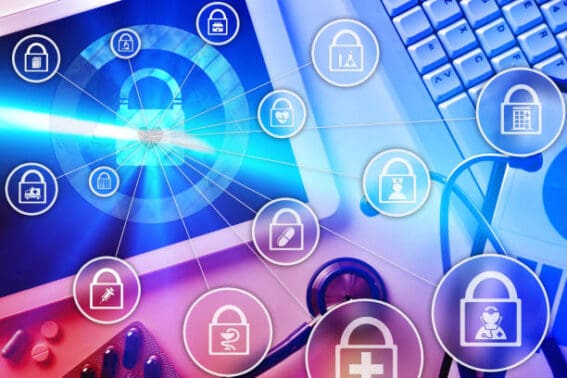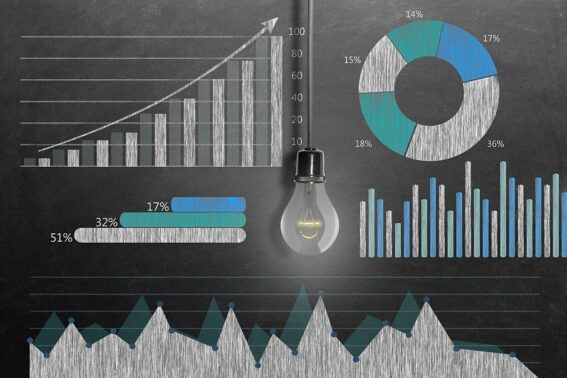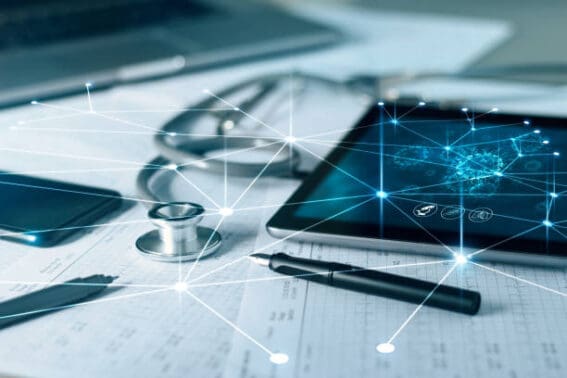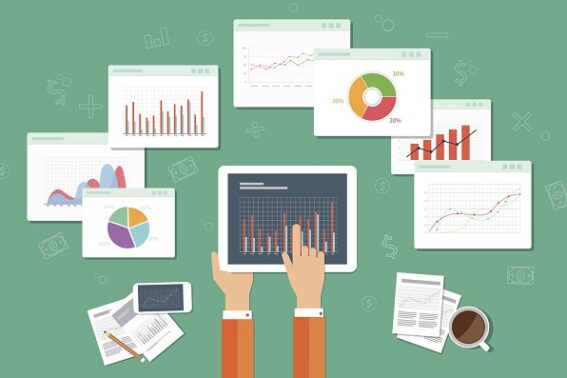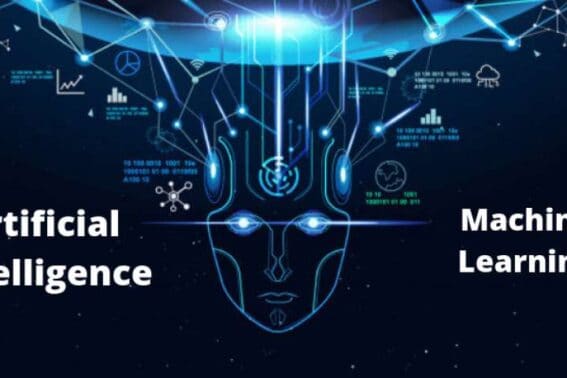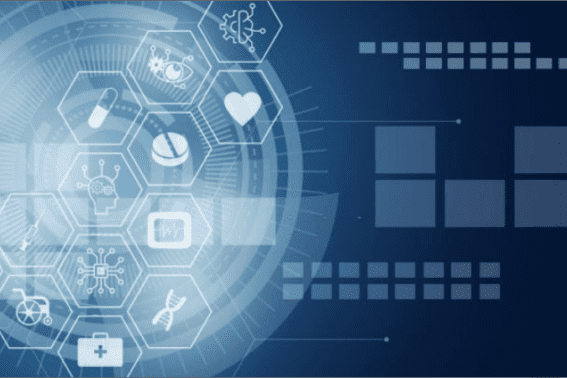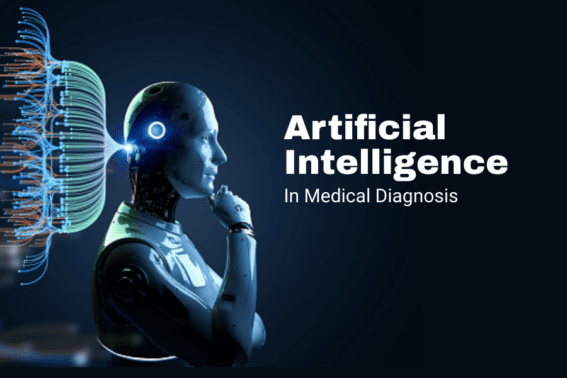Health data security refers to the measures and practices implemented to protect sensitive and confidential information related to patients’ health. This information includes personal medical records, treatment histories, diagnoses, etc. The main objective of health data security is to prevent unauthorized access, use, or disclosure of this information, ensuring its confidentiality, integrity, and availability. Several[...]
Data-driven decision-making is an approach that relies on empirical data, data analysis, and insights to inform strategies that are aimed at improving outcomes and increasing efficiency across various domains. Data availability and utilisation have become paramount in shaping effective strategies to address health challenges and improve public health outcomes. The role of technology and data[...]
In today’s digital era, the healthcare industry is embracing analytics to drive significant improvements in patient care. By harnessing the power of data and applying advanced analytics techniques, healthcare providers are unlocking valuable insights that optimize diagnoses, treatments, and patient outcomes. Enhancing Diagnoses and Clinical Decision-Making: Accurate and timely diagnoses are critical in healthcare,[...]
The introduction of Electronic Health Record (EHR) systems for the management of healthcare practices has facilitated data collection and retrieval processes within health facilities. This has led to an increase in the amount of patient data generated, which includes: diagnoses, medications, laboratory results, treatment plans, and billing information, amongst others. Effective use of these data[...]
In today’s era of information and technology, data plays a crucial role in shaping the healthcare sector. With the exponential growth of healthcare data, innovative approaches are needed to unlock its potential and gain valuable insights. This transformative approach revolutionises population health across various domains, such as epidemiology, biostatistics, environmental health and others. Data analytics[...]
In today’s world, data is a valuable asset for businesses and organizations. However, with the increasing amount of data being generated and collected, it is crucial to have a strong data governance and security strategy in place. Data governance refers to the overall management of the availability, usability, integrity, and security of data. Meanwhile, data[...]
Machine learning and artificial intelligence (AI) have been transforming the field of data analysis in recent years (Jordan & Mitchell, 2015). These technologies are increasingly being used to analyze large datasets and extract insights that would be difficult or impossible for humans to identify. In this blog post, we will explore the role of machine[...]
The healthcare industry is facing challenges that affect the quality and delivery of services. These challenges include but are not limited to inefficiency and errors in patient-related data management and sharing, inefficient healthcare processes, rising healthcare costs, delayed patient diagnosis and treatment. In the past, decisions in healthcare such as disease diagnosis and treatment were[...]
Advancements in computer technology have led to the development of software that can assist doctors in decision-making without consulting specialists. This software incorporates various aspects of human intelligence such as logic, decision-making and experiential learning. While the concept of artificial intelligence is not new, recent developments in computer science have led to its recognition as[...]
Telemedicine is the use of telecommunication and information technologies to provide clinical health care from a distance. It involves a spectrum of technologies including medical data transmission, audio-only format (telephone and radio), still images, full-motion videos and robotics. The swift progression of real-time, interactive, audio-visual, and digital technologies, coupled with significant increases in internet speed[...]

